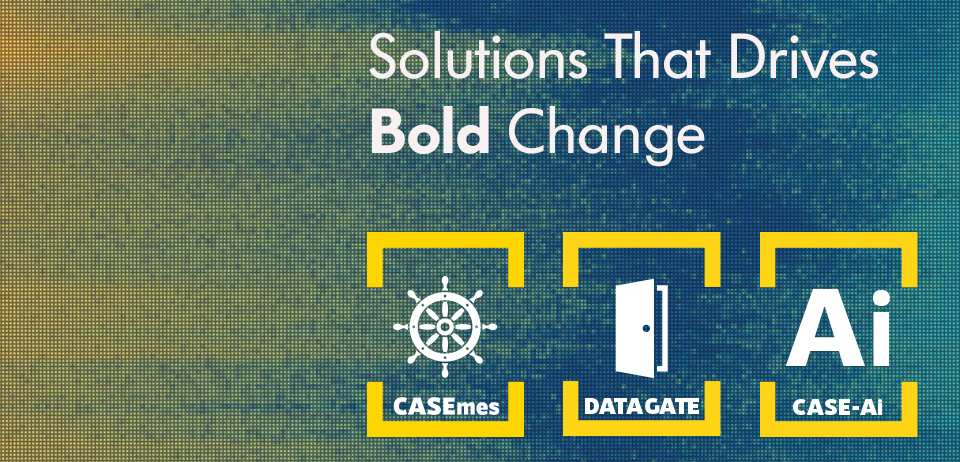
adopt AI now! In the rapidly evolving landscape of technology, companies that delay the adoption of Artificial Intelligence (AI) risk falling behind. While some organizations opt for a cautious “fast follower” approach, waiting for AI technology to mature, this strategy may not be advisable.
Contrary to the belief that certain AI technologies are still in development, many, including traditional machine learning, have matured over decades. Even newer technologies like deep learning have roots dating back to the 1980s. The foundational principles of current AI are well-established, urging businesses not to wait for universal maturity.

Integration of AI into organizational processes is a critical phase after construction. This step requires planning and adaptation time, with challenges in aligning AI capabilities with existing business processes and IT architecture. Transitioning from pilot phases to full-scale production systems is often time-consuming, necessitating potential business process reengineering for maximum impact.
Human adaptation to AI systems is another crucial aspect. AI systems typically augment human roles, introducing new responsibilities and skills. Retraining on these new processes and systems takes time, especially in shifting from traditional roles to new ones such as “behavioral finance.”
Governance for AI applications is also a time-consuming necessity. AI systems, designed for exponential scale, require continuous monitoring for efficacy decay, bias, and potential fraud. This broader governing approach is vital to ensuring the correct interpretation of changes in business context and avoiding manipulation attempts.
Implementing AI systems is a lengthy process with few shortcuts available. Successful early adopters gain a significant advantage, operating at lower costs with better performance. Late adopters may struggle to catch up, risking loss of market share to early adopters like Pfizer and Alphabet.
While some steps can be expedited by waiting, compromising unique knowledge and business processes is a potential risk. Adopting existing models may speed up AI adoption but comes with the trade-off of losing distinctive competence. To succeed in the AI-driven future, companies must start learning and adapting AI to their business now. Establishing centralized AI groups or acquiring startups with AI capabilities are viable strategies. In essence, getting started with AI now is crucial, with the hope that it’s not too late.

Companies that wait for AI technology to mature before adopting it will be at a disadvantage. They will face challenges in developing, integrating, and deploying AI systems, and they may lose out on the opportunity to gain a competitive advantage. Early adopters of AI will have more time to build expertise and capabilities, and they may be able to scale their AI programs more quickly.

Iskander Rekik
Business Analyst,Digital Transformation Consultant
Sales and project development
Mob: +4915258459590
E-Mail: i.rekik@case-deutschland.de




